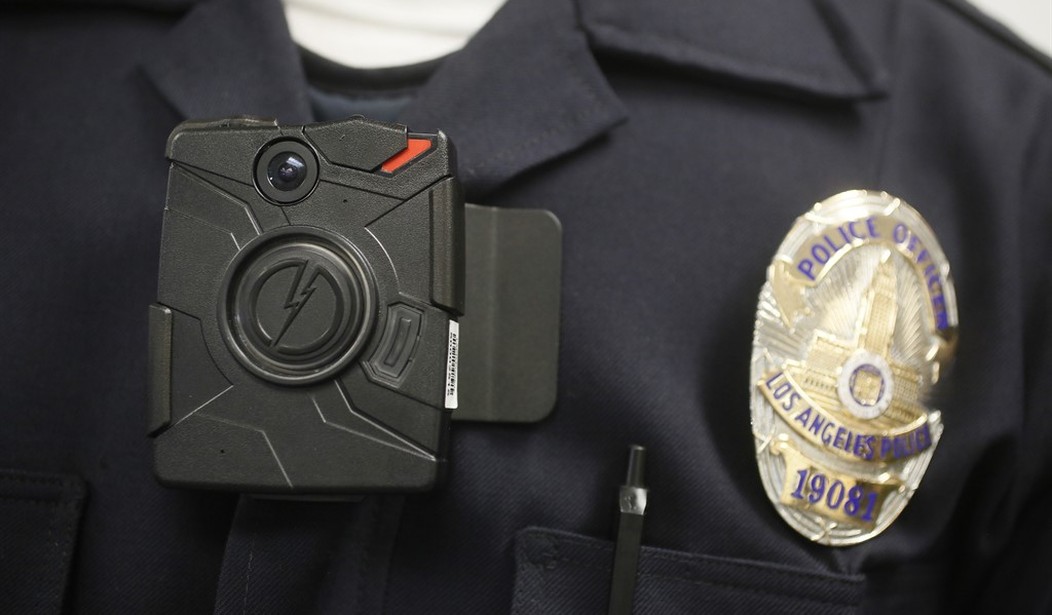A new California law is set to take effect in the beginning of the new year that will require police officers to inform drivers of the reason for a traffic stop before proceeding with any further questioning. The legislation, which was passed in the fall of 2022, is intended to be a significant step in addressing pretextual stops and creating more transparency.
Before AB 2773, officers were not required to immediately tell a driver the reason for the traffic stop. The measure also requires law enforcement agencies to include the reasons for each traffic stop on arrest reports. Typically, the officer would ask if the driver knew why they were being pulled over. Under the new law, this will no longer be the case.
A new California law going into effect in January 2024 will change the way police officers interact with millions of drivers and pedestrians.
California police officers seeking to stop a driver or pedestrian must now initiate any interaction by specifying the purpose of the stop before asking inquiring questions. They will no longer be able to initially ask the driver, "Do you know why I pulled you over?"
California lawmakers passed AB 2773, which Gov. Gavin Newsom signed into law in the fall of 2022, to reduce "pretextual stops" or where an officer stops a suspicious vehicle for a minor offense to look for a more egregious crime, KTXL reported.
The new law goes into effect on Jan. 1 and impacts agents of the Department of the California Highway Patrol, county sheriffs and city police officers.
The new procedure is designed to reduce pretextual stops, a practice in which law enforcement officers stop a driver for a minor traffic violation or another minor infraction as a pretext to investigate a separate and unrelated criminal offense for which they don’t have the necessary reasonable suspicion or probable cause to justify the stop.
For example, an officer could stop a driver for failing to use a turn signal when the actual intention is to search for drugs or other illegal contraband. The initial stop might be legal, but the true motive is to find something else entirely without the direct evidence required to justify the investigation. Pretextual stops have been a subject of legal and public debate.
Proponents of pretextual stops might argue that they are a necessary tool for detecting and curbing crime. When officers stop vehicles for minor violations, they could uncover more serious criminal activities, which could lead to the apprehension of individuals who might otherwise evade law enforcement.
Supporters might also suggest that pretextual stops could have a deterrence effect. If would-be criminals know that a traffic stop could lead to a deeper investigation, it might cause them to think twice about engaging in criminality while driving.
By requiring officers to declare the reason for a traffic stop, AB 2773 will reduce pretextual stops, which can lead to unnecessary tensions between police and the communities they serve. Additionally, it could build more trust between law enforcement and civilians by mandating clear communication from the outset of the interaction and preventing officers from fishing for crimes without probable cause. This would go a long way toward protecting civilians’ Constitutional rights.
California’s new legislation will certainly add to conversations surrounding law enforcement and police interactions with the community. Requiring more transparency will help to safeguard people’s rights and promote accountability among members of law enforcement.
The measure will likely become a topic for debate after it is implemented. But for now, it is time to wait and see how this shakes out.














Join the conversation as a VIP Member